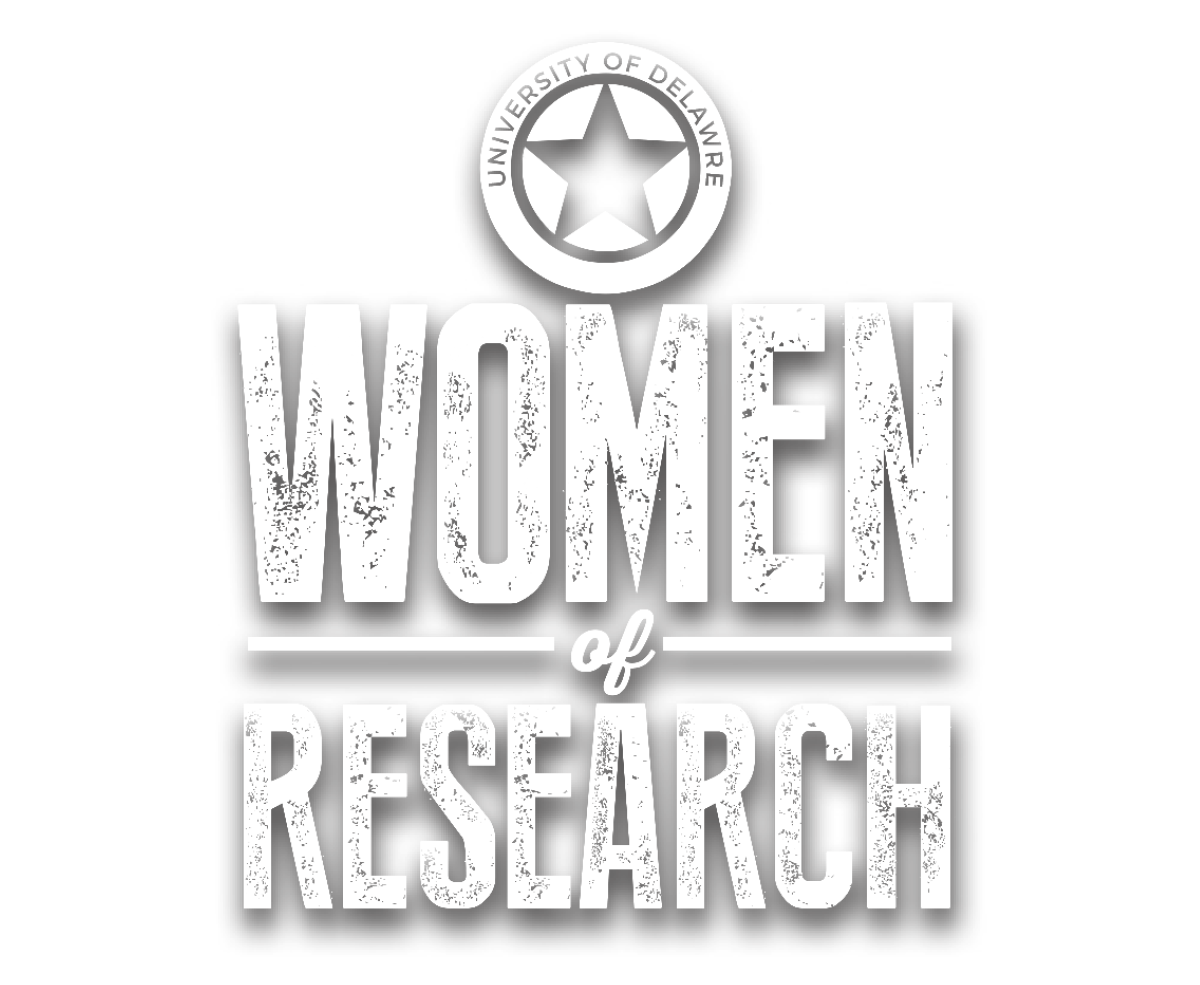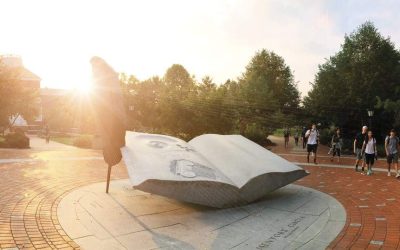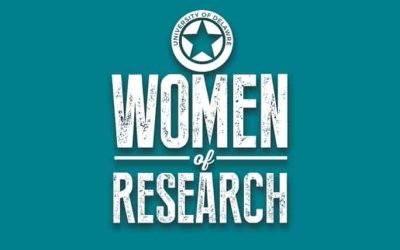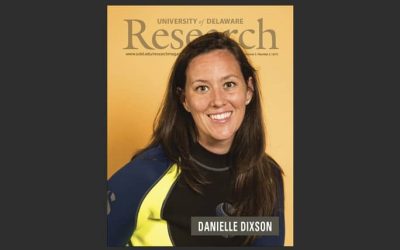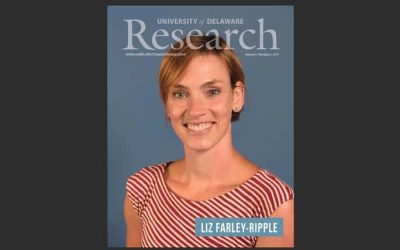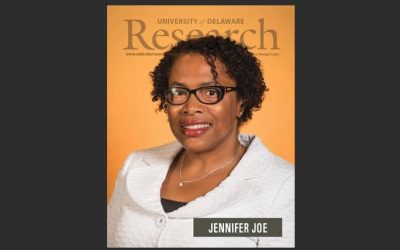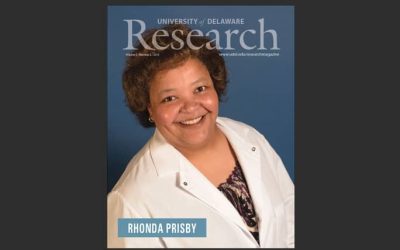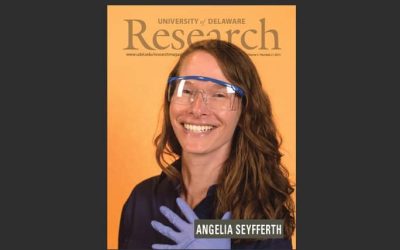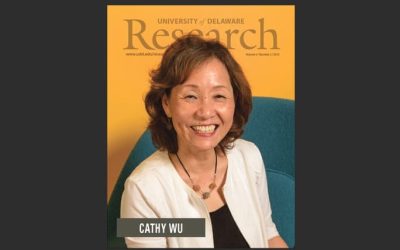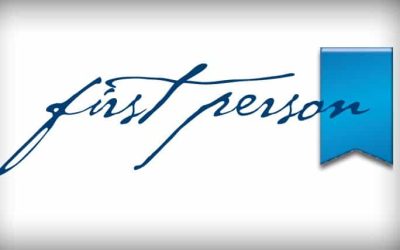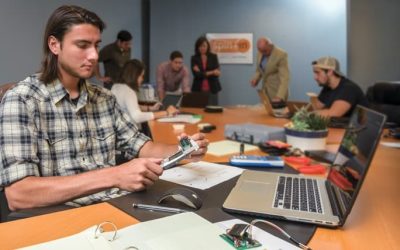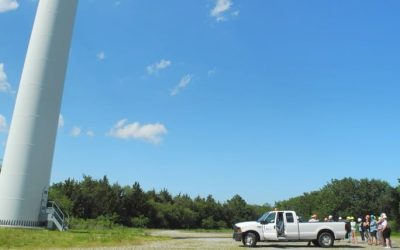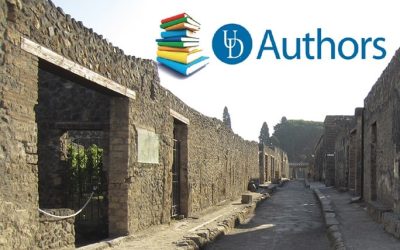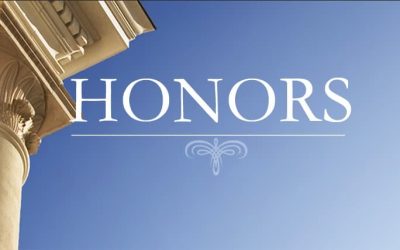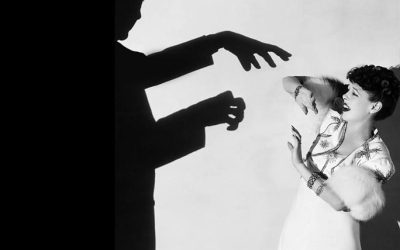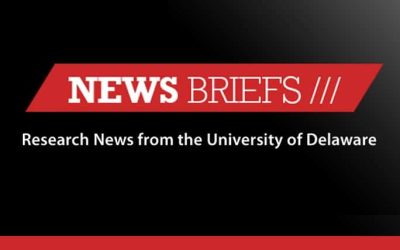
But, in fact, it takes her only nine words: “I do research and use it to tell stories.”
Stetz, the Mae and Robert Carter Professor of Women’s Studies and professor of humanities, teaches in the University of Delaware’s Department of Women and Gender Studies. Her scholarly training, including a doctorate in English and American literature from Harvard, was primarily in narrative, and she says she learned early on the power of stories as educational tools.
Over the course of a career since 1982 that included faculty positions at the University of Virginia and Georgetown University before joining UD in 2002, the range of her research has expanded greatly, allowing her to reach a wide variety of audiences.
From a focus on 19th-century British literature, Stetz has moved into the worlds of print culture and publishing history, art history, military history and fashion studies, among other areas. The one constant throughout, she explains, has been her concern with gender.
“I always take to heart the feminist question that Cynthia Enloe raises, when approaching any subject: ‘Where are the women?’” she says.
Stetz’s scholarship has taken a number of different forms. Perhaps the most personally satisfying, she says, has been organizing and curating exhibitions at museums and libraries, often with her frequent collaborator, Mark Samuels Lasner, senior research fellow at the University Library.
“Exhibition work is another way of telling stories, while reaching the general public and using physical objects to do so,” she says. Writing labels with their own narratives that also fit the overarching narrative that structures the exhibition as a whole is what Stetz calls “an exciting challenge.”
While doing archival research for the most recent exhibition, about Oscar Wilde’s connections to Philadelphia, she and Samuels Lasner discovered three unpublished Wilde manuscripts. It was news that created tremendous excitement among scholars.
Stetz also uses more traditional forms to communicate her findings about gender in the past and present. She has published numerous books and more than 100 scholarly articles.
She insists that what she loves best is giving public lectures, in places as diverse as the annual Ibsen festival in Bergen, Norway; London’s Victoria and Albert Museum; and Wilmington’s own Delaware Art Museum.
When Stetz presents her research in accessible and interesting stories, it’s clear the world listens. In March 2015, she was named by the magazine Diverse: Issues in Higher Education as one of the 25 Top Women in Higher Education.
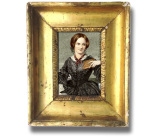
TRUE INSPIRATION
Margaret Stetz is inspired by determined women who express themselves and change the world, despite opposition. Charlotte Bronte didn’t dare to publish Jane Eyre under her own name, but was daring in her writing.
MORE STORIES
ADVANCE-ing UD
Seven faculty members are highlighted in this issue of UD Research. Indeed, there are commonalities among them—a steadfast commitment to excellence, unrelenting intellectual curiosity, mentors and role models who inspire, and a disdain for the status quo. I encourage you to read their stories to learn about their inspirations, the challenges they have faced and the scope and quality of their scholarly endeavors.
Women of Research
Extraordinary research is underway at the University of Delaware, and women are all over it. We profile seven researchers who offer insight into their work—from coral reefs to corporations—what hurdles they have cleared and what keeps them moving forward.
Danielle Dixson
A chance encounter with a tour guide at the Shedd Aquarium in Chicago is what sparked Minnesota native Danielle Dixson’s interest in marine biology. “I was 5 years old and the guide gave me a book for asking a clever question about whales,” she says.
Liz Farley-Ripple
Elizabeth Farley-Ripple did not set out to become an education researcher. As an undergraduate at Georgetown University, she started out majoring in Latin American Studies. Then came Professor Bill McDonald’s sociology course focusing on research methods. “I had an aha moment,” says Farley-Ripple. “I realized I could have an impact—and actually apply the ideas I had been reading about.”
Jennifer Joe
Jennifer Joe, the Whitney Family Professor of Accounting in the Alfred Lerner College of Business and Economics, attributes positive experiences with her professors in college as the impetus for her pursuit of an academic career.
Rhonda Prisby
Rhonda Prisby had a plan for her master’s degree in exercise physiology. She expected to work in a cardiac rehabilitation clinic. Then a professor mentioned something she hadn’t considered—her potential as a researcher.
Angelia Seyfferth
Having had the chance to conduct research taking water samples on the Chesapeake Bay early in her undergraduate studies, Angelia Seyfferth, assistant professor in the Department of Plant and Soil Sciences, is hoping to pass her enthusiasm for research to young scholars in her lab.
Cathy Wu
For Cathy Wu, becoming a bioinformatics expert was kind of accidental. Armed with a Ph.D. in plant pathology and a postdoc in molecular biology, she followed her husband on a job move to Tyler, Texas, in the mid-1980s, but was unable to land a good faculty position there.
Never underestimate the power of good mentoring
A few years ago, a newly hired female faculty member had the following experience: A male colleague responded to her hallway greeting by saying hello and adding, “I hope everyone is making you feel welcome.”
Spin in spins out innovation
The University of Delaware’s “Spin In” program, founded, managed and trademarked by the Office of Economic Innovation and Partnerships, connects University undergraduate students with community entrepreneurs and early-stage startups to give them an inside look at business innovation in action and a chance to apply what they’re learning in real-life situations.
Making it clear
For the past three years, almost 90 educators from around Delaware and Maryland have been working with scientists and environmental experts from the University of Delaware and the University of Maryland. The goal is to develop a richer understanding of climate change and build effective activities and instruction plans to help their students understand the data and find potential solutions.
Solar Strong
The vast majority of the sun’s extraordinary power remains out of reach—absorbed, deflected or otherwise inaccessible to today’s power-hungry masses—but University of Delaware researchers continue their quest to capture more, store more and deploy it more efficiently.
Slaves’ lives emerge from ancient ruins
“Detfri slave of Herennius Sattius” and “Amica slave of Herennius” reads the terra-cotta tile. It was discovered atop the ancient temple in Pietrabbondante, a town tucked into the bare rock and evergreen-covered mountains more than 100 miles east of Rome.
Honors
• Dugan named Truman Scholar
• Overby elected to board of Oak Ridge consortium
• Backbone of the profession
Fearsome Fridays
Tom Fernsler, “Dr. 13,” now retired from the Delaware Center for Teacher Education, knows a lot about Friday the 13th. Do you? Take our quiz and find out!
News Briefs
• Changing the color of light
• What’s it really mean if a CEO is greedy?
• Research All-Stars field new findings




